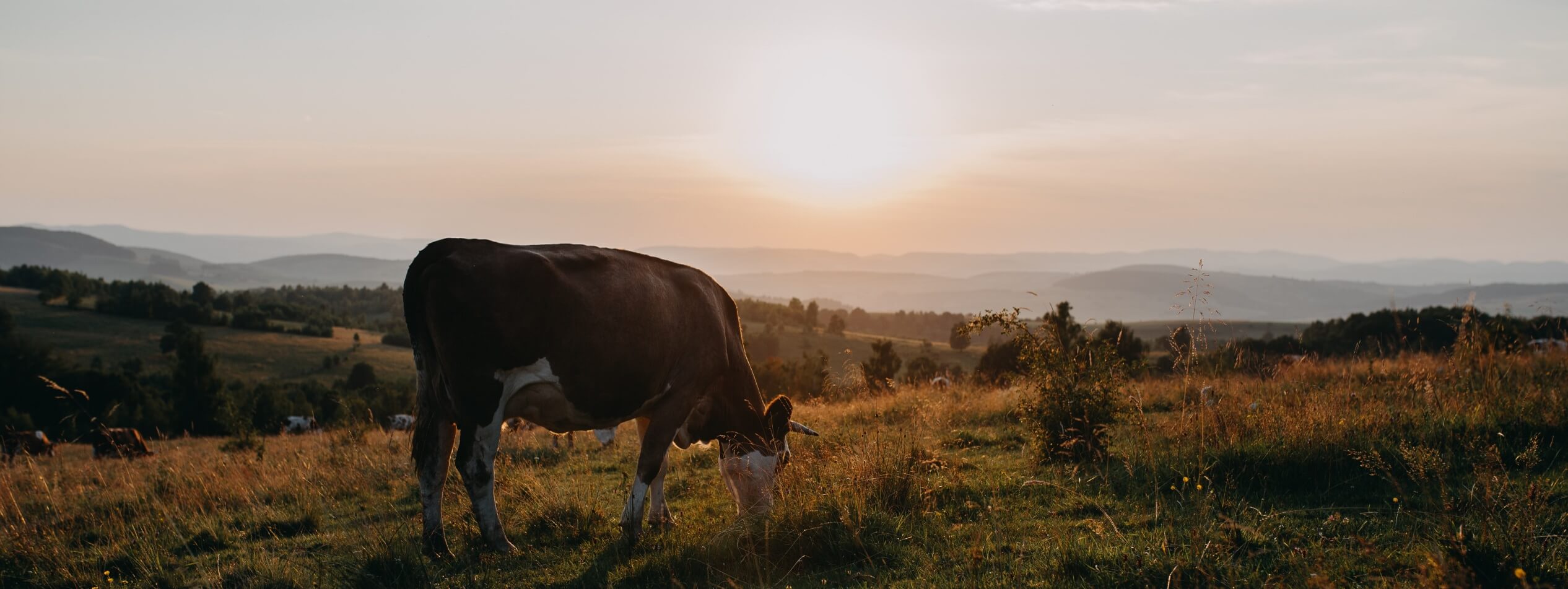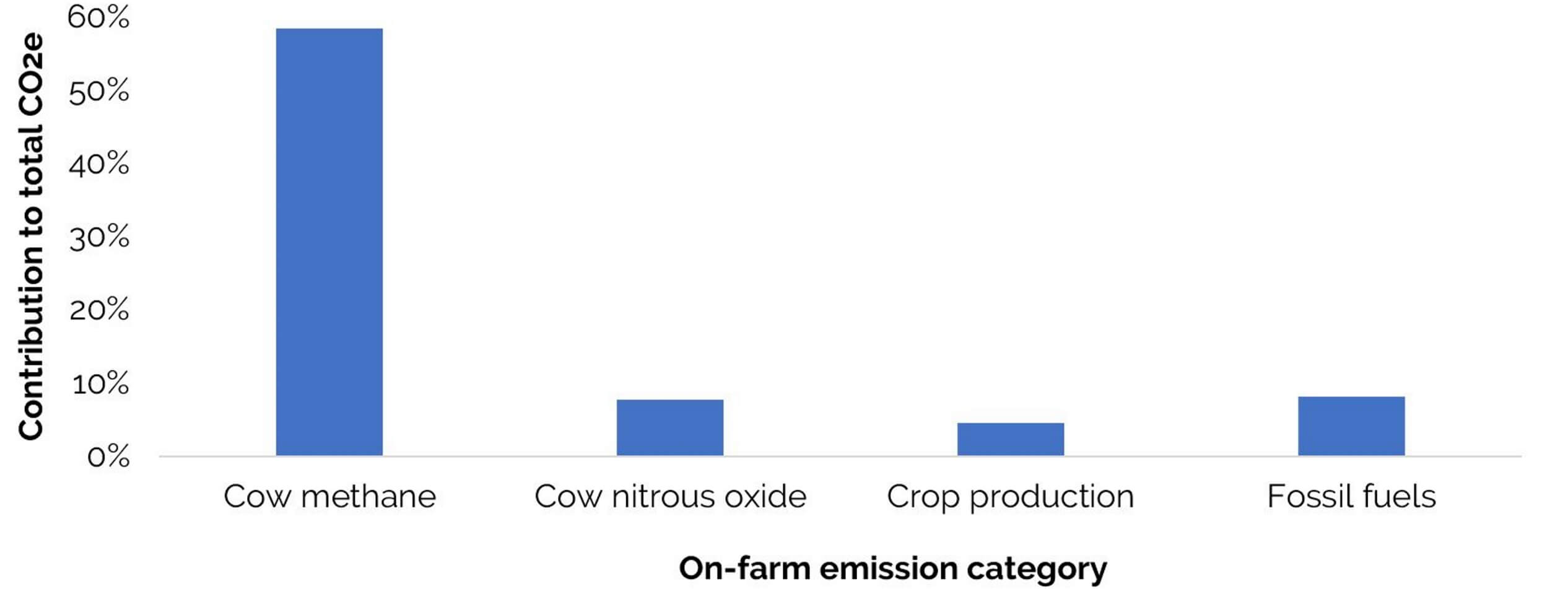Why is there such a big fuss made about cattle and greenhouse gases? Everyone knows cows as these terrible animals, but few people understand why. I would like to use this blog to discuss this, and why the widely accepted narrative is not necessarily accurate.
What are greenhouse gases?
Greenhouse gases are a collective term used to describe gases in the atmosphere which absorb infrared radiation. They contribute to warming the temperature of the earth’s atmosphere, i.e. like a greenhouse, hence greenhouse gases (GHG). The most abundant GHG are water vapour, carbon dioxide, methane, nitrous oxide and ozone.
Why do they matter?
The significant increase in GHG concentrations in the atmosphere over the past 50 years has been directly associated with human activity and development. An increase in global average temperatures has been associated with this increase in GHG concentrations. The increased temperatures are part of what is referred to as climate change. The more GHG emissions are linked to human-related practices, the bigger impact people are having on climate change.
The impact by people, businesses, countries, etc. is measured as a carbon footprint. A carbon footprint calculates the total GHG emissions from an entity over a year and translates them into carbon dioxide equivalents (CO2e). Each GHG gas has been assigned a specific CO2e, which is basically a measure of how much of an impact each GHG has on climate change, relative to carbon dioxide.
What roles are cows playing?
Cows are significant emitters of methane, which is a GHG. It has been widely communicated that cows are terrible for the environment, and that a litre of milk and a kilogram of beef, have a huge carbon footprint. Milk- and meat-based produce are thus a prime target for environmentalists. One of the solutions many people have proposed to reduce GHG emissions is therefore a vegan diet.
I have some other theories as to why a vegetarian or vegan diet is not the solution to our environmental issues: To eat or not to eat (animal produce), that is the question
Are cows really that bad though?
Trace & Save has carried 186 carbon footprints on 67 farms over the past six years. The graph below shows the average contribution of certain categories to the total carbon footprint across these 186 footprints. Methane emissions from cows (enteric fermentation and manure management) constitutes 58% of the total farm carbon footprint. Fossil fuels (diesel, petrol and electricity) and nitrous oxide emissions from cows, both at 8%, are the next biggest contributors, in terms of on-farm emissions.
Taking all this into account, methane is a huge problem. But is it? Recent research has challenged whether methane should be treated in the same manner as carbon dioxide when it comes to its impact on climate change. Although methane is a potent GHG, unlike carbon dioxide, it does not accumulate in the atmosphere, but rather flows through the atmosphere in the constant carbon cycle. Carbon dioxide is a gas that accumulates and remains in the atmosphere for prolonged periods of time, greatly contributing to the greenhouse effect. Carbon dioxide is thus a stock pollutant, whereas methane is more of a flow pollutant.
The constant emissions of methane from dairy farms, which is what all the fuss is about, are not actually contributing to an increased greenhouse effect in the atmosphere. It is not that increasing methane emissions are irrelevant; it is just possible that cows are not as big culprits as what they have been made out to be.
Does this mean dairy farmers are off the hook?
Dairy farmers are not necessarily completely off-the-hook when it comes to reducing their environmental impact though. It is still important that dairy farmers reduce their emissions, including methane. Pasture-based dairy farmers further have the opportunity to actually contribute to removing excess carbon from the atmosphere – Putting sustainable farming theory into practice.
Sources
IDF Dairy sustainability outlook: Issue no.2, July 2019. International Dairy Federation.
- A carbon footprint assessment for pasture-based dairy farming systems in South Africa - 2024-02-07
- What progress have farms participating with Trace & Save made over the past 10 years? - 2023-09-06
- Carbon footprint reduction over time: Lessons from pasture-based dairy farms in South Africa - 2023-09-04


